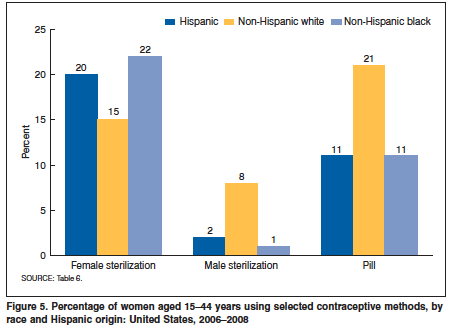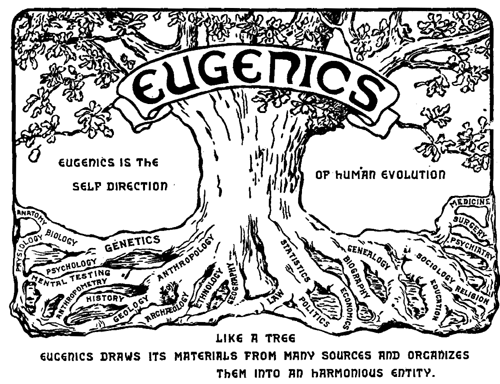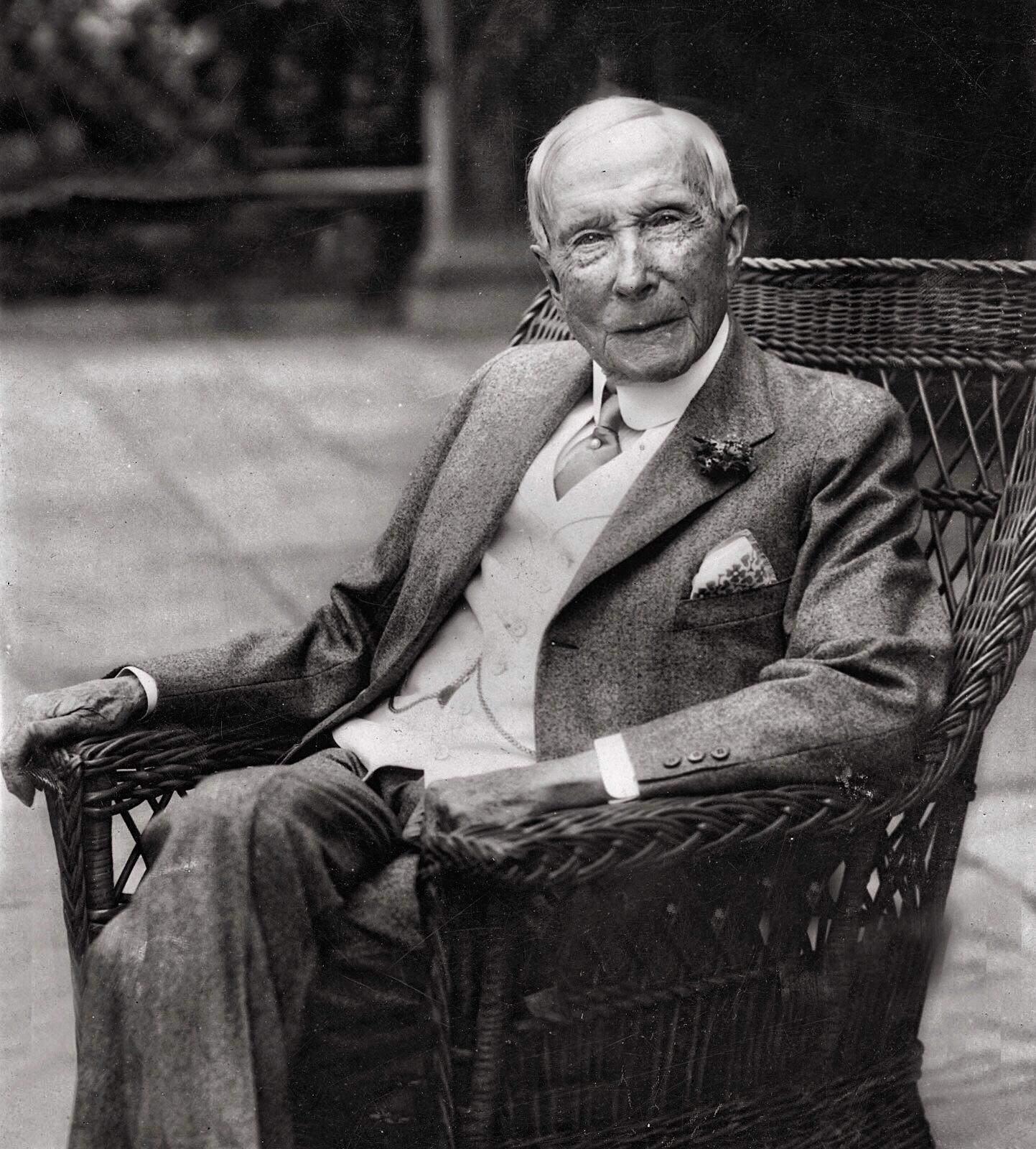|
Maudesley Hospital
The Maudsley Hospital is a British psychiatric hospital in south London. The Maudsley is the largest mental health training institution in the UK. It is part of South London and Maudsley NHS Foundation Trust, and works in partnership with the Institute of Psychiatry, King's College London. The hospital was one of the originating institutions in producing the ''Maudsley Prescribing Guidelines''. It is part of the King's Health Partners academic health science centre and the National Institute for Health and Care Research (NIHR) Biomedical Research Centre for Mental Health. History Early history The Maudsley story dates from 1907, when once leading Victorian psychiatrist Henry Maudsley offered London County Council £30,000 (apparently earned from lucrative private practice in the West End) to help found a new mental hospital that would be exclusively for early and acute cases rather than chronic cases, have an out-patients' clinic and provide for teaching and research. Mauds ... [...More Info...] [...Related Items...] OR: [Wikipedia] [Google] [Baidu] |
South London And Maudsley NHS Foundation Trust
South London and Maudsley NHS Foundation Trust, also known as SLaM, is an NHS foundation trust based in London, England, which specialises in mental health. It comprises four psychiatric hospitals (Bethlem Royal Hospital, Lambeth Hospital and the Maudsley Hospital), the Ladywell Unit based at University Hospital Lewisham, and over 100 community sites and 300 clinical teams. SLaM forms part of the institutions that make up King's Health Partners, an academic health science centre. In its most recent inspection of the Trust, the CQC gave SLaM a 'good' rating overall, but a 'requires improvement' rating in area of safety. In 2019, Southwark Coroner's Court ruled that SLaM was guilty of "neglect and serious failures" in relation to the death of a patient in 2018. In 2020, a further investigation into the Trust's conduct was opened following the death of a patient in its care. Overview Each year the South London and Maudsley NHS Foundation Trust provides about 5,000 people with h ... [...More Info...] [...Related Items...] OR: [Wikipedia] [Google] [Baidu] |
Emil Kraepelin
Emil Wilhelm Georg Magnus Kraepelin (; ; 15 February 1856 – 7 October 1926) was a German psychiatrist. H. J. Eysenck's ''Encyclopedia of Psychology'' identifies him as the founder of modern scientific psychiatry, psychopharmacology and psychiatric genetics. Kraepelin believed the chief origin of psychiatric disease to be biological and genetic malfunction. His theories dominated psychiatry at the start of the 20th century and, despite the later psychodynamic influence of Sigmund Freud and his disciples, enjoyed a revival at century's end. While he proclaimed his own high clinical standards of gathering information "by means of expert analysis of individual cases", he also drew on reported observations of officials not trained in psychiatry. His textbooks do not contain detailed case histories of individuals but mosaic-like compilations of typical statements and behaviors from patients with a specific diagnosis. He has been described as "a scientific manager" and "a politi ... [...More Info...] [...Related Items...] OR: [Wikipedia] [Google] [Baidu] |
National Socialist
Nazism ( ; german: Nazismus), the common name in English for National Socialism (german: Nationalsozialismus, ), is the far-right totalitarian political ideology and practices associated with Adolf Hitler and the Nazi Party (NSDAP) in Nazi Germany. During Hitler's rise to power in 1930s Europe, it was frequently referred to as Hitlerism (german: Hitlerfaschismus). The later related term " neo-Nazism" is applied to other far-right groups with similar ideas which formed after the Second World War. Nazism is a form of fascism, with disdain for liberal democracy and the parliamentary system. It incorporates a dictatorship, fervent antisemitism, anti-communism, scientific racism, and the use of eugenics into its creed. Its extreme nationalism originated in pan-Germanism and the ethno-nationalist '' Völkisch'' movement which had been a prominent aspect of German nationalism since the late 19th century, and it was strongly influenced by the paramilitary groups that emerged ... [...More Info...] [...Related Items...] OR: [Wikipedia] [Google] [Baidu] |
Eugenics Society
Eugenics ( ; ) is a fringe set of beliefs and practices that aim to improve the genetic quality of a human population. Historically, eugenicists have attempted to alter human gene pools by excluding people and groups judged to be inferior or promoting those judged to be superior. In recent years, the term has seen a revival in bioethical discussions on the usage of new technologies such as CRISPR and genetic screening, with a heated debate on whether these technologies should be called eugenics or not. The concept predates the term; Plato suggested applying the principles of selective breeding to humans around 400 BC. Early advocates of eugenics in the 19th century regarded it as a way of improving groups of people. In contemporary usage, the term ''eugenics'' is closely associated with scientific racism. Modern bioethicists who advocate new eugenics characterize it as a way of enhancing individual traits, regardless of group membership. While eugenic principles have bee ... [...More Info...] [...Related Items...] OR: [Wikipedia] [Google] [Baidu] |
Sterilization (medicine)
Sterilization ( also spelled sterilisation) is any of a number of medical methods of birth control that intentionally leaves a person unable to reproduce. Sterilization methods include both surgical and non-surgical, and exist for both males and females. Sterilization procedures are intended to be permanent; reversal is generally difficult or impossible. There are multiple ways of having sterilization done, but the two that are used most frequently are tubal ligation for women and vasectomy for men. There are many different ways tubal sterilization can be accomplished. It is extremely effective and in the United States surgical complications are low. With that being said, tubal sterilization is still a method that involves surgery, so there is still a danger. Women that chose a tubal sterilization may have a higher risk of serious side effects, more than a man has with a vasectomy. Pregnancies after a tubal sterilization can still occur, even many years after the procedure. It is ... [...More Info...] [...Related Items...] OR: [Wikipedia] [Google] [Baidu] |
Eugenic
Eugenics ( ; ) is a fringe set of beliefs and practices that aim to improve the genetic quality of a human population. Historically, eugenicists have attempted to alter human gene pools by excluding people and groups judged to be inferior or promoting those judged to be superior. In recent years, the term has seen a revival in bioethical discussions on the usage of new technologies such as CRISPR and genetic screening, with a heated debate on whether these technologies should be called eugenics or not. The concept predates the term; Plato suggested applying the principles of selective breeding to humans around 400 BC. Early advocates of eugenics in the 19th century regarded it as a way of improving groups of people. In contemporary usage, the term ''eugenics'' is closely associated with scientific racism. Modern bioethicists who advocate new eugenics characterize it as a way of enhancing individual traits, regardless of group membership. While eugenic principles have bee ... [...More Info...] [...Related Items...] OR: [Wikipedia] [Google] [Baidu] |
Rockefeller Foundation
The Rockefeller Foundation is an American private foundation and philanthropic medical research and arts funding organization based at 420 Fifth Avenue, New York City. The second-oldest major philanthropic institution in America, after the Carnegie Corporation, the foundation was ranked as the 39th largest U.S. foundation by total giving as of 2015. By the end of 2016, assets were tallied at $4.1 billion (unchanged from 2015), with annual grants of $173 million. According to the OECD, the foundation provided US$103.8 million for development in 2019. The foundation has given more than $14 billion in current dollars. The foundation was started by Standard Oil magnate John D. Rockefeller ("Senior") and son "Junior", and their primary business advisor, Frederick Taylor Gates, on May 14, 1913, when its charter was granted by New York. The foundation has had an international reach since the 1930s and major influence on global non-governmental organizations. The World Health Organiza ... [...More Info...] [...Related Items...] OR: [Wikipedia] [Google] [Baidu] |
Medical Research Council (United Kingdom)
The Medical Research Council (MRC) is responsible for co-coordinating and funding medical research in the United Kingdom. It is part of United Kingdom Research and Innovation (UKRI), which came into operation 1 April 2018, and brings together the UK's seven research councils, Innovate UK and Research England. UK Research and Innovation is answerable to, although politically independent from, the Department for Business, Energy and Industrial Strategy. The MRC focuses on high-impact research and has provided the financial support and scientific expertise behind a number of medical breakthroughs, including the development of penicillin and the discovery of the structure of DNA. Research funded by the MRC has produced 32 Nobel Prize winners to date. History The MRC was founded as the Medical Research Committee and Advisory Council in 1913, with its prime role being the distribution of medical research funds under the terms of the National Insurance Act 1911. This was a consequen ... [...More Info...] [...Related Items...] OR: [Wikipedia] [Google] [Baidu] |
William Sargant
William Walters Sargant (24 April 1907 – 27 August 1988) was a British psychiatrist who is remembered for the evangelical zeal with which he promoted treatments such as psychosurgery, deep sleep treatment, electroconvulsive therapy and insulin shock therapy.Dally 2004 Sargant studied medicine at St John's College, Cambridge, and qualified as a doctor at St Mary's Hospital, London. His ambition to be a physician was thwarted by a disastrous piece of research and a nervous breakdown, after which he turned his attention to psychiatry. Having trained under Edward Mapother at the Maudsley Hospital, in South London, he worked at the Sutton Emergency Medical Service during the Second World War. In 1948 he was appointed director of the department of psychological medicine at St Thomas' Hospital, London, and remained there until (and after) his retirement in 1972, whilst also treating patients at other hospitals, building up a lucrative private practice in Harley Street, and worki ... [...More Info...] [...Related Items...] OR: [Wikipedia] [Google] [Baidu] |
Shock Therapy (psychiatry)
Shock therapy describes a set of techniques used in psychiatry to treat depressive disorder or other illnesses, by inducing seizures or other extreme brain states. It was started in the 1930s. Shock therapy covers multiple forms. The only form in current clinical practice is electroconvulsive therapy. Other forms, no longer in use, include: *Insulin shock therapy, introduced by Manfred Sakel in 1933 for the treatment of schizophrenia. This resulted in a coma state for a short amount of time. *Convulsive therapy, using pentylenetetrazol or other agents to induce seizures. The first use was with cardiazol by von Meduna of Budapest; the belief at the time was there was "some kind of biological antagonism between schizophrenia and epilepsy". *Deep sleep therapy. Shock therapy has fallen away in use in lieu of other forms of treatment. See also * Shock therapy (other) Electroconvulsive therapy (ECT) is a psychiatric treatment where a generalized seizure (without muscu ... [...More Info...] [...Related Items...] OR: [Wikipedia] [Google] [Baidu] |
Hormones
A hormone (from the Ancient Greek, Greek participle , "setting in motion") is a class of cell signaling, signaling molecules in multicellular organisms that are sent to distant organs by complex biological processes to regulate physiology and behavior. Hormones are required for the correct development of animals, plants and fungi. Due to the broad definition of a hormone (as a signaling molecule that exerts its effects far from its site of production), numerous kinds of molecules can be classified as hormones. Among the substances that can be considered hormones, are eicosanoids (e.g. prostaglandins and thromboxanes), steroids (e.g. Estrogen, oestrogen and brassinosteroid), amino acid derivatives (e.g. epinephrine and auxin), protein or peptides (e.g. insulin and CLE peptides), and gases (e.g. ethylene and nitric oxide). Hormones are used to communicate between organ (anatomy), organs and Tissue (biology), tissues. In vertebrates, hormones are responsible for regulating a variety ... [...More Info...] [...Related Items...] OR: [Wikipedia] [Google] [Baidu] |
Mary Barkas
Mary Rushton Barkas (7 September 1889 – 17 April 1959) was a psychiatrist, physician and author from New Zealand. She worked at the Bethlem Royal Hospital, where she was the first female house physician, and the Maudsley Hospital in London, United Kingdom. Early life Mary Rushton Barkas was born in 1889 in Christchurch, New Zealand, to Frederick Barkas, who worked at the New Zealand Loan and Mercantile Agency Company, and Amy Barkas Parker. She attended Christchurch Girls' High School and was the dux of the school in 1905. She went on to study at Victoria University College in Wellington, graduating with a BSc in 1908, and an MSc in 1910, and later studied under Carl Jung at King's College London. During the First World War, she studied medicine at St Mary's Hospital and the London School of Medicine for Women, graduating in 1918. At the outbreak of war she was in Switzerland on a tramping trip; it took several weeks to return to London. In 1922, Barkas travelled to Vienn ... [...More Info...] [...Related Items...] OR: [Wikipedia] [Google] [Baidu] |




